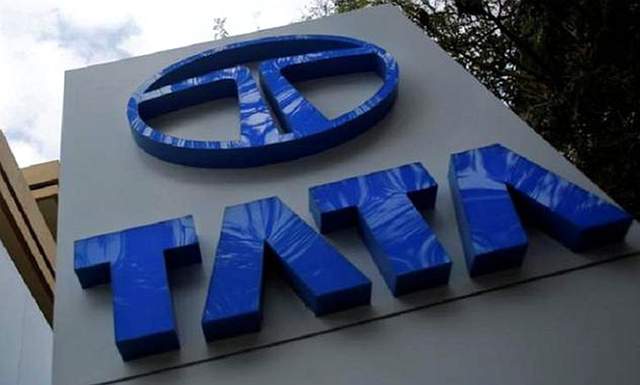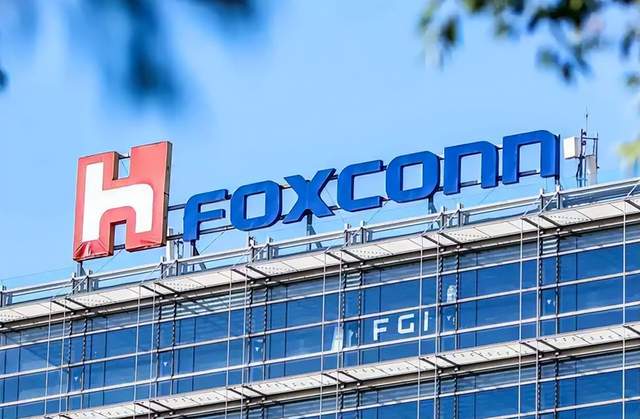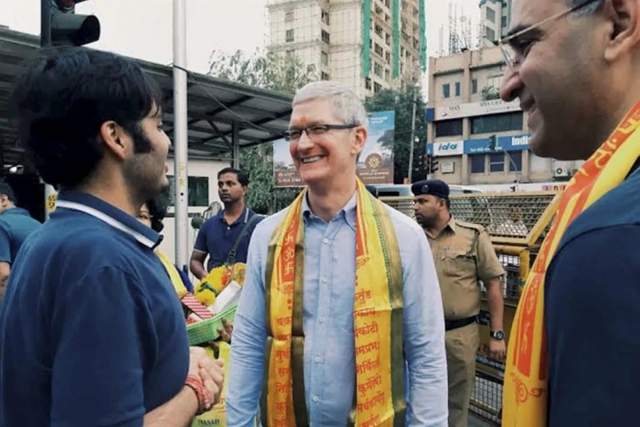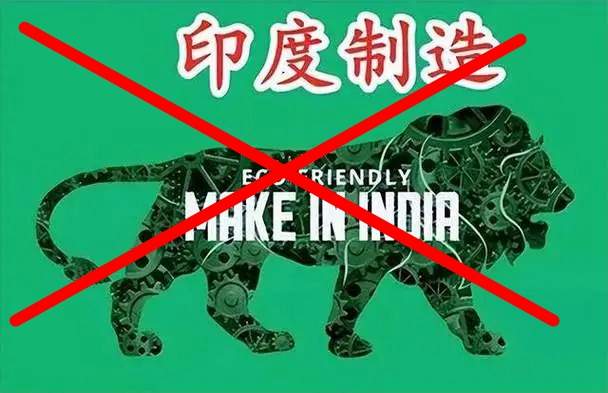Foxconn's retreat from India may become an inevitable choice as Apple struggles with Indian conglomerates, casting doubt on 'Made in India'
![]() 09/09 2024
09/09 2024
![]() 563
563
Faced with rumors in the industry that the yield rate of iPhones manufactured in India is as low as 50%, Terry Gou, Chairman of Foxconn, stated that the yield rate in India is not low. However, recent foreign media reports suggest that while the yield rate in India is indeed not low, it stands at around 85%, slightly inferior to that of China-made products. For Foxconn, a greater danger is looming.

Indian media reports indicate that Wistron, acquired by Tata Consultancy Services (TCS), has completed adjustments and achieved capacity expansion. It is expected to commence production in September this year, with a total workforce of 50,000 and production capacity surpassing Foxconn's Indian factory, positioning TCS as India's largest iPhone contract manufacturer.
With TCS's iPhone manufacturing facility officially operational, Foxconn's Indian plant may encounter various issues in the future. Two years ago, a severe fire broke out at a Foxconn power supply factory established by Terry Guo in India, destroying four of the ten production lines. While the incident was initially deemed accidental, it now appears otherwise.
As Indian conglomerates acquire Wistron and push forward plans to gain control over Pegatron's Indian factory, Foxconn stands to be the sole foreign-invested contract manufacturer remaining independently in India. Earlier, another Foxconn factory in India produced products for Chinese mobile phone companies, but earlier this year, an Indian factory stole 70% of the orders from a Chinese mobile phone company, leading to mass resignations among Foxconn employees and executives. These events suggest that Indian conglomerates have already taken action against Foxconn.

As TCS's iPhone manufacturing facility becomes operational, Foxconn faces even greater danger. Indian conglomerates will not tolerate Foxconn operating independently in India, posing a significant threat to TCS's iPhone factory. Consequently, it is foreseeable that Foxconn may eventually sell its Indian factory to TCS, similar to what Wistron did, or cede control of the factory to TCS, akin to Pegatron's move.
Apple's contract manufacturers in India are not the only ones facing challenges; Apple itself is inevitably impacted. Indian conglomerates now exert profound influence over Apple, deeply involved in both its sales and manufacturing operations. Apple's experience in India is not as rosy as depicted by foreign media.
As early as 2022, Tata Motors' Infiniti Retail collaborated with Apple to establish Apple Stores in India, opening its first store in Mumbai. Over several years, they have jointly established dozens of retail stores, signifying Tata's deep involvement in Apple's sales system in India, in stark contrast to Apple's control over its sales system in the Chinese market.

If TCS gains control over Pegatron and potentially Foxconn's Indian factories, Apple's manufacturing in India would exclusively rely on TCS. This would give TCS control over both Apple's production and sales in India, making Apple dependent on TCS in the Indian market.
India has repeatedly demonstrated a tough stance towards American companies. Ford, for instance, had to exit the Indian market after more than a decade of operations, selling its over USD 1 billion investment to TCS for just over USD 90 million. In recent years, Amazon and Walmart have also encountered difficulties in the Indian market, and Apple may not escape a similar fate as these American companies.
Due to India's actions, Western investors have long regarded the Indian market as a graveyard for foreign capital. The recent experiences of Walmart, Amazon, and Chinese mobile phone companies in India have once again highlighted the risks associated with investing in this market.

Companies like Apple and Foxconn initially saw India as a vast market offering new development opportunities. However, the greed and dominance displayed by Indian conglomerates like TCS suggest that this market may not be the opportunity they anticipated. They may ultimately find it challenging to profit from the Indian market due to the significant influence of Indian conglomerates, exceeding external expectations. Apple risks not only failing to secure its share of the pie but also incurring significant losses.








